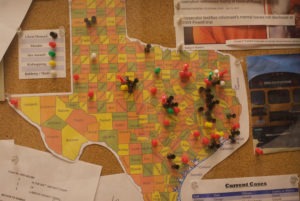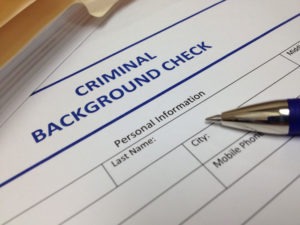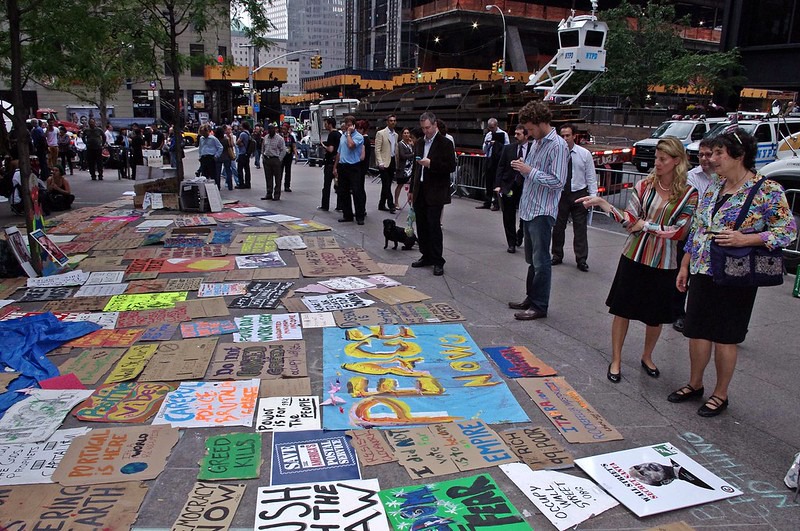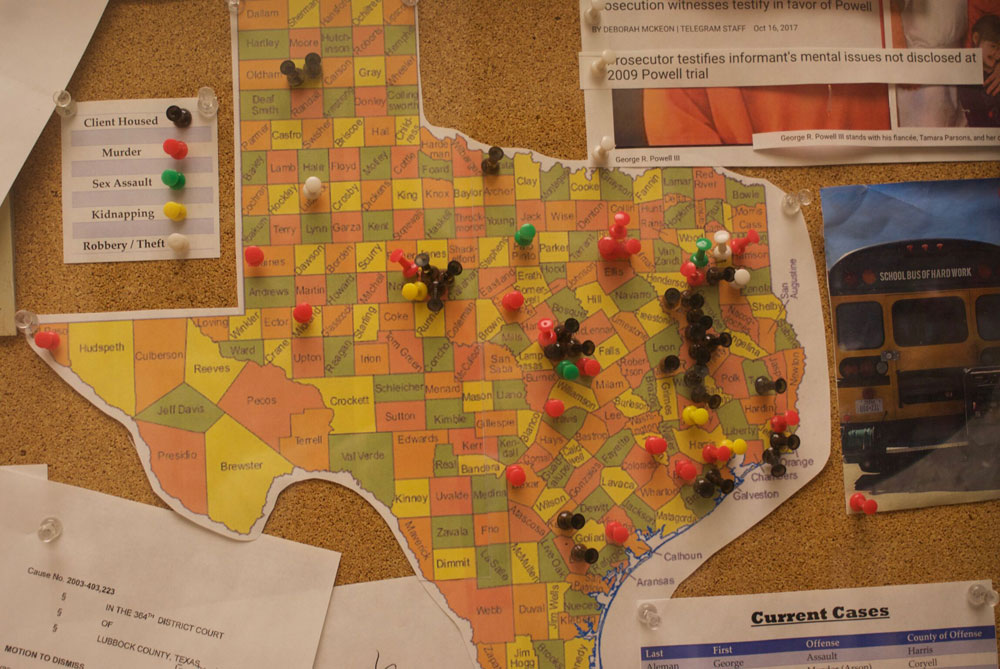October 30, 2011; Source: Kansas City Star | As Occupiers are being arrested all over the country, a possibly record breaking number of attorneys are making their services available on a pro-bono basis to help represent protestors, draft and file motions, and provide advice. The Kansas City article is well worth reading in full for the range of involvement of attorneys across the country, but here are two noteworthy examples:
Carol Sobel, co-chair of the Mass Defense Committee of the National Lawyers Guild—which has defended the First Amendment rights of thousands since 1937—comments that “it’s probably bigger than the anti-war movement, because there are so many simultaneous demonstrations. I’ve never seen anything like it.”
Sobel got a call last week, for instance, when police tried to oust the Occupy Los Angeles protesters from their encampment along President Obama’s motorcade route. Sobel reports that she advised the group to stay put, since the street wasn’t being shut down, no businesses had been asked to close, and other pedestrians weren’t being searched or removed. This amounted, she argued, to unfair treatment.
“They stood their ground, the president came and went and there was no problem. But there’s always that constant pushback . . . that’s why the lawyers are so critical, because they can give information to the protesters and vigorously arm them with the law. And the law’s on their side.”
Sign up for our free newsletters
Subscribe to NPQ's newsletters to have our top stories delivered directly to your inbox.
By signing up, you agree to our privacy policy and terms of use, and to receive messages from NPQ and our partners.
Criminal defense attorney Daphne Pattison Silverman of Houston who saw a television interview with a guild lawyer doing OWS defense work was energized enough to start a Houston based chapter of the Guild, now 10-strong, which is making itself available to the Occupy Houston group.
Silverman is a former attorney in the Navy’s Judge Advocate General’s Corps, and she comments that she sees no contradiction. “To me, the same oath I took in the military to support and defend the Constitution is the same oath I take as a criminal lawyer, and now as a budding First Amendment lawyer.” She says that sometimes her job is to tell the government that they’ve made a mistake.
Silverman feels she needs only take a light touch with the protestors she works with. “There are plenty of very educated (protesters) who are highly capable of doing their own negotiations. They just need a little encouragement and a little knowledge of what their rights are and where they need to ask for exceptions.”—Ruth McCambridge













